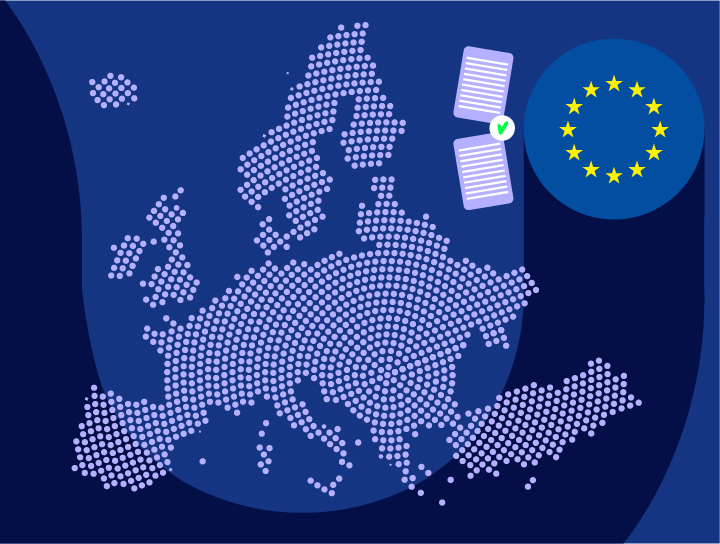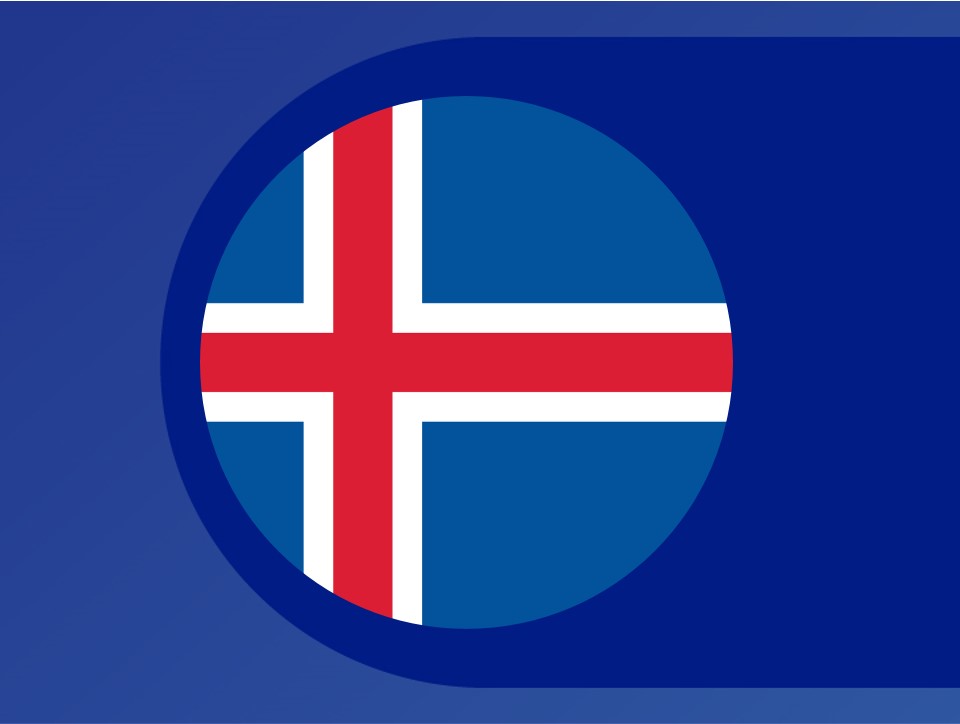Βρέθηκαν 591 αποτελέσματα
Skip results of view Νέα

On 11 January, 2024, the official press release announcing that the European Data Act entered into force was published. Almost a year later, we look back at the developments of the past year and simultaneously forward to what comes next for the Data Act. Aiming to support a more competitive and innovative data economy by improving access to data in the EU market , the open data landscape shifted with the introduction of the Data Act. The Data Act will officially become applicable in September 2025 , so in 2024 organisations can start preparing their access to data according to the new rules

Last week we hosted an exciting event in Paris! On 12 and 13 November, a workshop designed to bring data providers from across Europe together, counted with the attendance of 40 participants from 22 different countries. For two days, there was a mix of presentations and moments of interaction between the data providers, which led to many new insights. On the first day, after a word of introduction by the Publications Office of the European Union , there was a keynote speech by the French Interministerial Directorate for Digital Services (DINUM) about their data.gouv.fr open data platform. The

The EU Sanctions Tracker is a tool designed to provide information on financial sanctions and travel restrictions imposed by the EU. Accessible via data.europa.eu and published by the Commission Directorate-General for Financial Stability, Financial Services and Capital Markets Union , this innovative tool offers detailed insights into the nature, scope, and impact of sanctions. By making this information publicly available, the EU reinforces its commitment to open governance and the rule of law. The EU Sanctions Tracker is a valuable resource for policymakers, researchers, and the public. It

Iceland’s open data portal, statice.is , is contributing to transparency in Europe with not only a statistical database, but also many statistical visualisations such as population graphs. This platform, managed by Statistics Iceland , provides free access to a wealth of data across various sectors, including population, society, business sectors, economy, and environment. By making this data readily available, Iceland aims to empower citizens, researchers, and businesses to make informed decisions and drive data-driven solutions. For Statistics Iceland, all statistics published are considered

Smart Cities are revolutionising urban living by leveraging technology and data to enhance the quality of life, sustainability, and efficiency of city services. These cities use interconnected systems to manage resources, reduce waste, and improve the overall urban experience. By integrating open data into their frameworks, smart cities can foster innovation, drive economic growth, and create more responsive and resilient urban environments. The European Commission hosts a Smart Cities Marketplace , that aims to engage cities and towns to work towards a sustainable urban environment by
Mark your calendars for a new webinar on Friday, 22 November 2024, from 10:00 to 11:30 CET. The event, titled ‘ Data Spaces: experience from the European Health and Common Energy data spaces ’, is part of the data.europa academy. This session will delve into the advancements in data accessibility, security, and interoperability within the European Health Data Space (EHDS) and the Common European Energy Data Space (CEEDS) . This webinar offers a unique opportunity to explore the experiences, challenges, and potential of these data spaces in driving innovation across the healthcare and energy

The International Week of Science and Peace , observed annually from 9 to 15 November since 1986, is a global initiative aimed at promoting the role of science in fostering peace and development. Established by the United Nations General Assembly, this week-long celebration encourages the international community to engage in activities that highlight the link between scientific progress and the maintenance of peace and security. By fostering collaboration among scientists and promoting public awareness, the week aims to build a more peaceful and sustainable world. A key focus of this week is

Open data is becoming a powerful tool in the global push for sustainability, enabling transparency, innovation, and informed decision-making across industries and governments. Through freely available datasets, everyone can access valuable insights into areas like energy consumption, carbon emissions, and environmental protection. The EU is at the forefront of this movement, providing accessible data to support sustainable practices across sectors. A key resource for these efforts is data.europa.eu , which offers diverse content, from data stories to reports and webinars, detailing

The latest paper Exploring Business Models for Public Open Data Resources emphasises the vital role of sustainable business models in transforming open data from a passive resource into a dynamic catalyst for economic growth. This paper builds on insights gathered from the data.europa.eu campaign, which included the report on New Business Models for Data-driven Services , a webinar and focus group discussions with open data professionals and enthusiasts. The report outlines key findings that demonstrate the impact and challenges of open data. While the EU has made strides in promoting open

Throughout October, the data.europa academy hosted two new sessions, a webinar and a workshop. Together with over 800 registrants and a handful of experts, we explored insights on the topics of safeguarding and utilising open data in research. As October is also Cybersecurity Awareness Month , participants could increase their cybersecurity skills with our webinar ‘ Safeguarding Open Data: Cybersecurity Essentials and Skills for Data Providers ’, hosted on 18 October. Together with cybersecurity experts from Capgemini, participants got to understand the cybersecurity risks related to open
